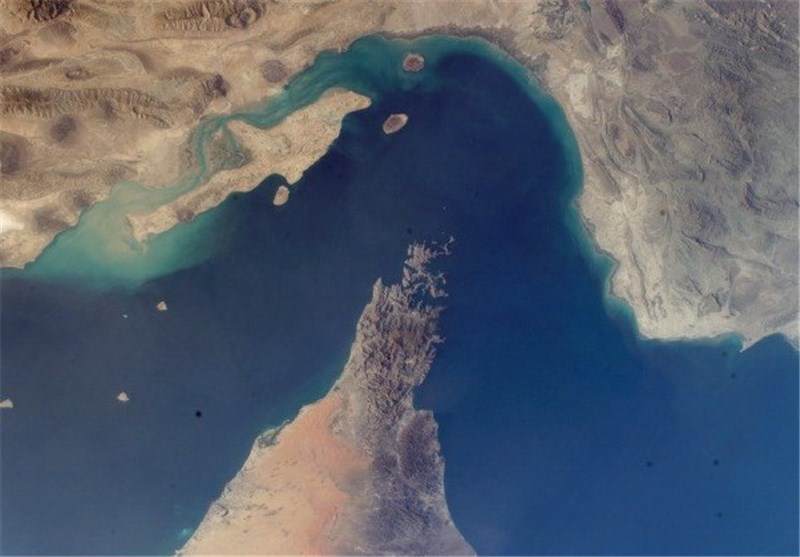Blocking Hormuz Strait Unnecessary

EghtesadOnline: In response to the United States' hostile move to block Iran’s crude exports, closing the Strait of Hormuz, one of the world's most strategic oil chokepoints, is unnecessary despite Tehran's ability to disrupt passage through the channel, an analyst said.
"There is no doubt about Iran's capability to disrupt shipment through the Strait of Hormuz … but it is a needless move under the present circumstances, while the world is looking for solutions to mitigate the impact of American sanctions [on Iran]," Reza Nasri, a foreign policy expert, said in a recent interview with ISNA.
US President Donald Trump's administration imposed harsh sanctions on Tehran after withdrawing from the 2015 nuclear deal, formally known as the Joint Comprehensive Plan of Action, last year.
Targeting the country's oil sector, it barred importers from purchasing Iranian crude, but granted temporary waivers to eight countries to prevent volatility in the global market, according to Financial Tribune.
Last week, the White House said it would grant no more sanctions waivers for countries buying Iranian oil after the expiration of the exemptions on May 2, to achieve its stated goal of pushing Iran’s oil exports to zero.
The decision once again raised the subject of closing the Strait of Hormuz, which has been mooted in Iran as a retaliatory measure for US action to cramp the country's oil sales.
This has not been explicitly stated by officials, but the commander of the Islamic Revolution Guards Corps' Navy said Iran would close the Strait "if Tehran is barred from using it".
At a recent event at the Asia Society in New York, Foreign Minister Mohammed Javad Zarif also warned the US of unspecified consequences if it tries to stop Iran from selling oil and using the vital waterway.
Playing Into US Hands
Nasri advised against pursuing such a policy under the present circumstances, as it could heighten tensions and help forge a global consensus to act against Iran.
"If the measure is taken at present, the first reaction by the global community would possibly be the approval of a Chapter VII resolution at the United Nations Security Council, which would call upon Iran to end the action by a deadline," he said.
He explained that many of the countries currently standing by Iran would adopt an anti-Iran stance alongside the US, creating conditions that suits American hardliners.
According to Nasri, hardliners in Washington need an international alliance to advance their anti-Iran agenda, while Iran's patience and adherence to a sensible policy guided by political and diplomatic wisdom, moderation and respect for international law have prevented such an alignment.
"[They] have focused all their attention on … driving Iran into violation of JCPOA and showing an extreme and nervous reaction," he said.
The expert stressed that it is essential for Tehran to show that all its options are on the table and it would spare no effort to keep the country intact and preserve its national interests.
Nevertheless, he recommended that the ideal policy at present would be to safeguard the present favorable international outlook toward Iran, avoid any step that could heighten tensions and gradually mitigate the effects of sanctions through regional and trans-regional agreements.
“Iran would then be able to help build a non-dollar economy in cooperation with other states while safely approaching the end of JCPOA restrictions,” he added.
According to Nasri, it is even possible that conditions would improve in the US, clearing the way for political solutions.
"Resorting to measures such as closing the Strait of Hormuz, for which Iran would be directly held responsible, should only be considered under critical and exceptional situations," he emphasized.


